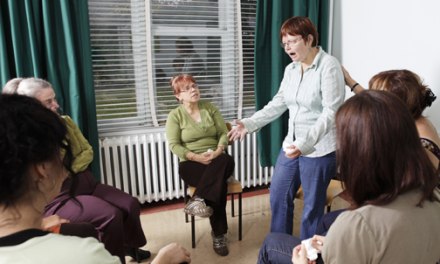I was surprised at how much research has been done on this question: what are the traits, characteristics and practices that make one therapist more effective than another, despite comparable training and experience?
I doubt any researcher has studied this in greater depth than Bruce Wampold PhD — Emeritus Professor of Counseling Psychology at the University of Wisconsin. His book, The Great Psychotherapy Debate, is now considered a classic in the field. Firmly grounded in scientific research, it still manages to be a fascinating read.
Wampold also happens to be a very entertaining interview. Here’s an example from the psychotherapy.net website.
Bruce Wampold on What Actually Makes Us Good Therapists
A few of the main points:
- Regardless of the approach used – CBT versus experiential vs psychodynamic, etc. – ultimately, the success of therapy is mostly determined by the quality of the relationship between therapist and patient. The different approaches used by most therapists appear to be of equivalent value in terms of the outcome.
- However, Wampold concludes that the most reliable recipe for a successful therapy experience is a strong therapeutic alliance plus a therapist who is capable of first, explaining the problem and the process skillfully, and secondly, making use of a treatment approach that the patient finds believable. I prefer to call it credible, but you get the point.
Anyway, the three elements work best when combined.
One common error, Wampold believes, is to overemphasize the importance of simply reducing symptoms. A better picture of clinical outcomes, he maintains, would include measures that reflect progress in terms of quality of life and interpersonal relationships.
My own interpretation: are the patients getting better, or only less sick?
As for traits and skills that help therapists be more effective – and after all, that’s the goal, right? – he lists the following:
Verbal fluency, defined as a talent for explaining what’s happening and why.
The ability to read the patient’s emotions, and to respond appropriately, depending on the situation.
A willingness to be flexible when needed – recognizing that it’s possible to be consistent without being rigid.
And last but not least, a degree of humility. The best therapists, Wampold insists, recognize the limits of their own knowledge and skills, and continually seek to improve them, including with respect to the fundamentals of therapeutic practice.
By the way, I’m often asked if counseling and psychotherapy aren’t really the same thing. They overlap, and the terms are often used interchangeably. There are genuine differences, however.
The best practical explanation I’ve found was this: “Therapy takes place over a longer period and tends to focus on more complex issues, while counseling tends to take place on a short-term basis and tends to address a more focused issue.”
I’m sure somebody will object to that distinction, as well. But it’ll do for now.












